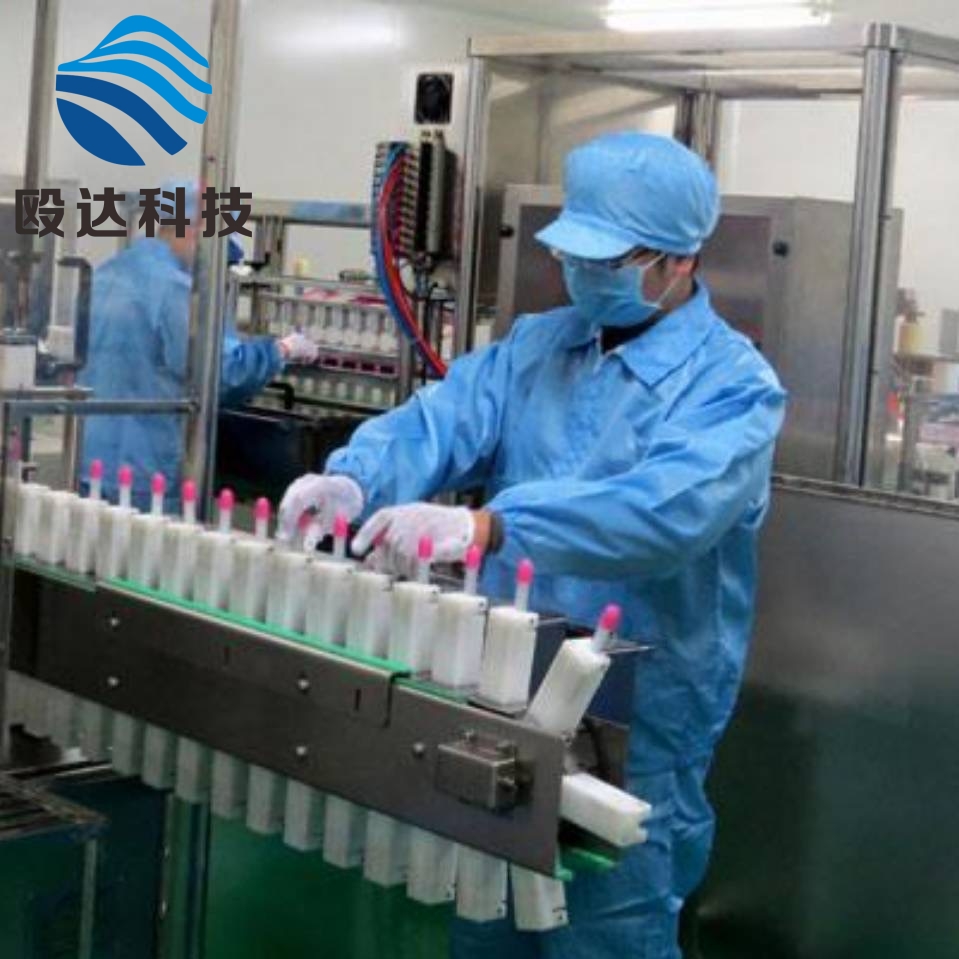-
Categories
-
Pharmaceutical Intermediates
-
Active Pharmaceutical Ingredients
-
Food Additives
- Industrial Coatings
- Agrochemicals
- Dyes and Pigments
- Surfactant
- Flavors and Fragrances
- Chemical Reagents
- Catalyst and Auxiliary
- Natural Products
- Inorganic Chemistry
-
Organic Chemistry
-
Biochemical Engineering
- Analytical Chemistry
- Cosmetic Ingredient
-
Pharmaceutical Intermediates
Promotion
ECHEMI Mall
Wholesale
Weekly Price
Exhibition
News
-
Trade Service
The viral S shell protein of Severe Acute Respiratory Syndrome Coronary Virus 2 (SARS-CoV-2) binds to the surface ligand of human angiotensin-converting enzyme 2 (ACE2) cells to infect host cells.
therefore, there is widespread concern about the theoretical higher risk of coronavirus disease 2019 (COVID-19) in patients taking an angiosin conversion enzyme inhibitor (ACEI)/angiosin TYPE 1 antagonist (ARB).
, researchers systematically retrieved cases and cohort studies from the MEDLINE (Ovid), Cochrane System Evaluation Database, PubMed, Embase, medRXIV, the World Health Organization's COVID-19 publication database, and the Clinton Trials.gov database, according to a recent study published in hypertension, an authoritative journal of cardiovascular disease.
researchers evaluated the certainty of the evidence based on the Cochrane andGRADE methods.
researchers' adjusted ratio (aOR) to the included study summary found no significant increase in the risk of SARS-CoV-2 infection caused by taking ACEI (aOR of 0.86-1.05) or ARBs (aOR of 1.05; 95% CI of 0.97-1.14).
, however, a meta-analysis of random effects found that age may change the risk of SARS-CoV-2 infection in patients taking ARB (with a coefficient of -0.006; 95% CI is -0.016 to 0.004), i.e., in contrast to ACEI, ARBs increased the risk of SARS-CoV-2 infection in younger subjects (lt; 60 years of age).
result, taking ACEI may not increase susceptivity to SARS-CoV-2 infection, severity of the disease, and mortality.
, the study found for the first time that taking ARB increased the risk of SARS-CoV-2 infection in younger patients compared to ACEI, with no significant effect on COVID-19 outcomes.
.







